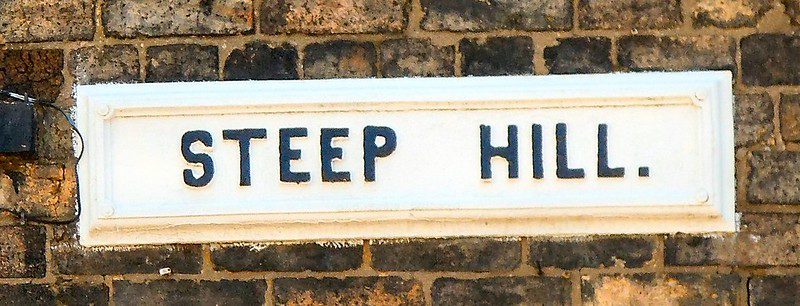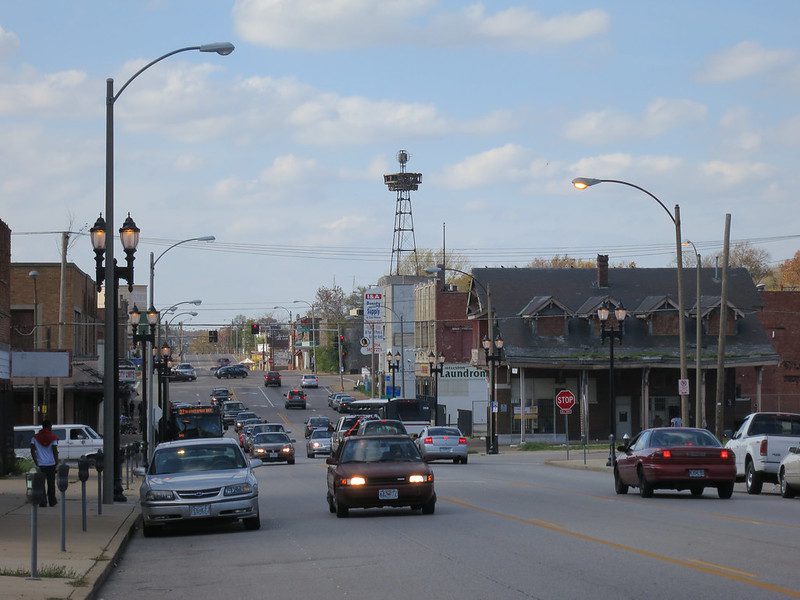This post started out Thursday thinking about an interesting factoid related to the Obama campaign.
But since the big Obama news Friday has been about Obama’s rejection of public financing, this post can’t just blow by that, so a thing or two before moving on.
Obama’s rejection of public financing means he can raise and spend just as much as he can raise and spend, and, as you know, he has raised boatloads of money, mostly — and this is important — through small donations via the internets — $266 million through the end of April from 1.5 million donors.
The Obama campaign based the decision in part on the Republican ability to raise gobs of cash to pay for independent expenditures like the Swift Boat campaign that helped sink John Kerry.
If you are still a little bitter about that, and, admit it, you are, you may get a mean little laugh out of this, from The New York Times:
Republican activists have been fretting about the absence so far of any major independent effort, comparable to Swift Boat Veterans for Truth, which helped undermine Senator John Kerry’s campaign in 2004, to boost Senator John McCain, the presumed Republican nominee, who has badly trailed Mr. Obama in raising money.
Fretting!
Obama said he changed his mind about accepting public financing because the campaign finance system is broken. Democratic Sen. Russ Feingold, co-author — with John McCain! — of campaign finance reform legislation, saying it’s a mistake for Obama to do this
While the current public financing system for the presidential primaries is broken, the system for the general election is not. The entire system must be updated,” Feingold said on CNN.
Probably so.
But meantime, if you google around, you can find all kinds of comments from people who have donated to the Obama campaign and agree with him that it IS publicly financed, directly, by over a million modest contributions,
Lucky for me, all this circles nicely around to the discussion of the Obama campaign’s grassroots people-power approach I started writing yesterday.
The following little nugget about the Obama campaign came out on Sunday, but most people probably didn’t see it, so here:
A Los Angeles Times story – 48k told us that Marshall Ganz, the uber-organizer who for years devised outreach and mobilizing techniques for the United Farmworkers Union, is part of Team Obama.
That’s a really good thing. Ganz honed many of the union’s most effective methods, techniques that can be transferred from union drives to neighborhood or precinct organizing,
He’s at the John F. Kennedy School of Government at Harvard these days, but also provides free advice to the Obama campaign precinct organizers.
Check him out here on this YouTube talking about we must “create a foundation in shared values” to mobilize social change.
Ganz is all about the personal narrative. Not the candidate’s — the door knocker’s.
From the Los Angeles Times:
“Marshall really believes in empowering people and teaching them how to become community organizers.”
Maggie Fleming, who attended a Camp Obama last summer, said: “Marshall is able to bring this bigger picture of his work with civil rights and with the farmworkers and [connect] people to this idea that this is bigger than just one candidate.”
Fleming, 28, the assistant director of a nonprofit environmental education group, later helped form the core of Obama’s grass-roots committee in Oakland.
Ganz encourages volunteers to share their own life stories with voters, in the belief that by speaking from the heart, they turn the tedious — phone-banking, door-knocking — into a communal mission. It’s not policy but passion that he teaches.”
That makes Ganz a good fit for a campaign in which the candidate’s personal narrative compels many of his avid volunteers. It’s part of what makes them hope Obama would shift the political landscape enough to actually allow grassroots people to make change.
Ganz says if Obama loses the White House, many of those the campaign trained as organizers will become disenchanted. But many will stay in a movement and continue to organize.
In the meantime, he says, “I just love the fact that hundreds of organizers are going to be unleashed on the country.”
There are, of course, thousands of organizers around the country whose have been working locally long before the Obama campaign became a juggernaut. But there’s certainly room for new organizers, new energy. And there’s no question they could do a lot more with responsive national political leadership in place.





Comments